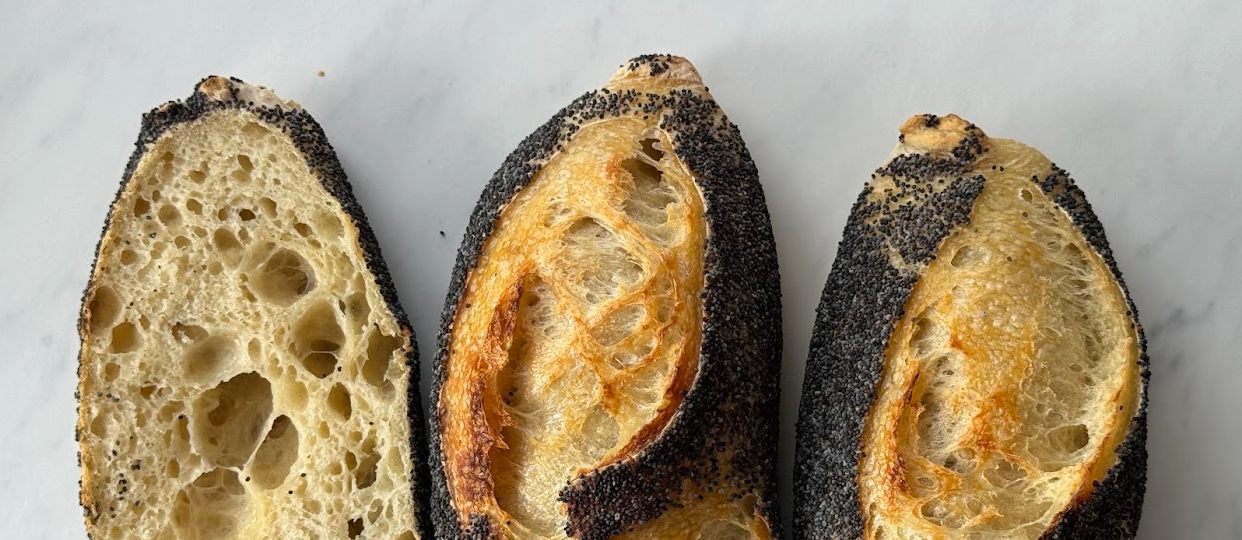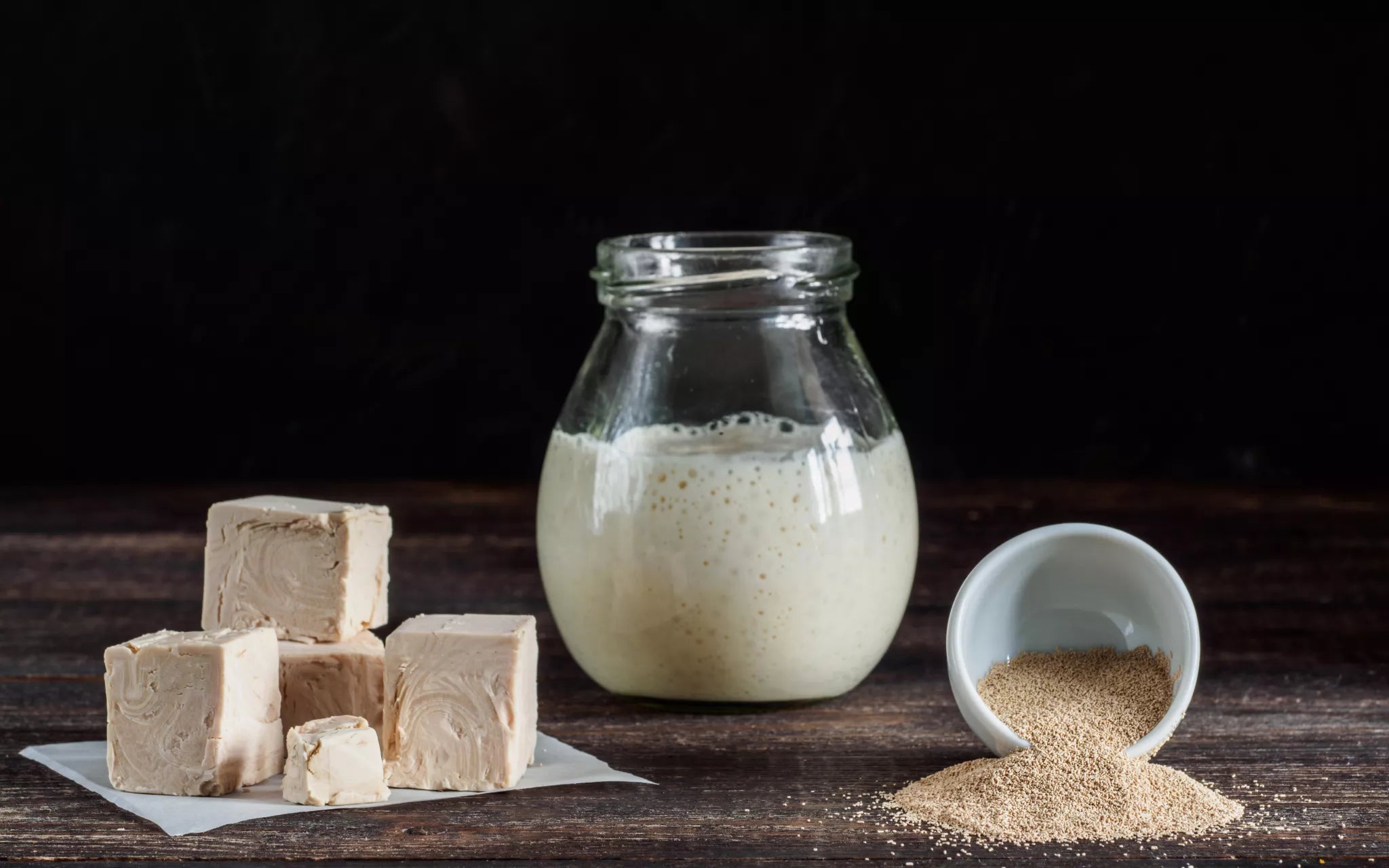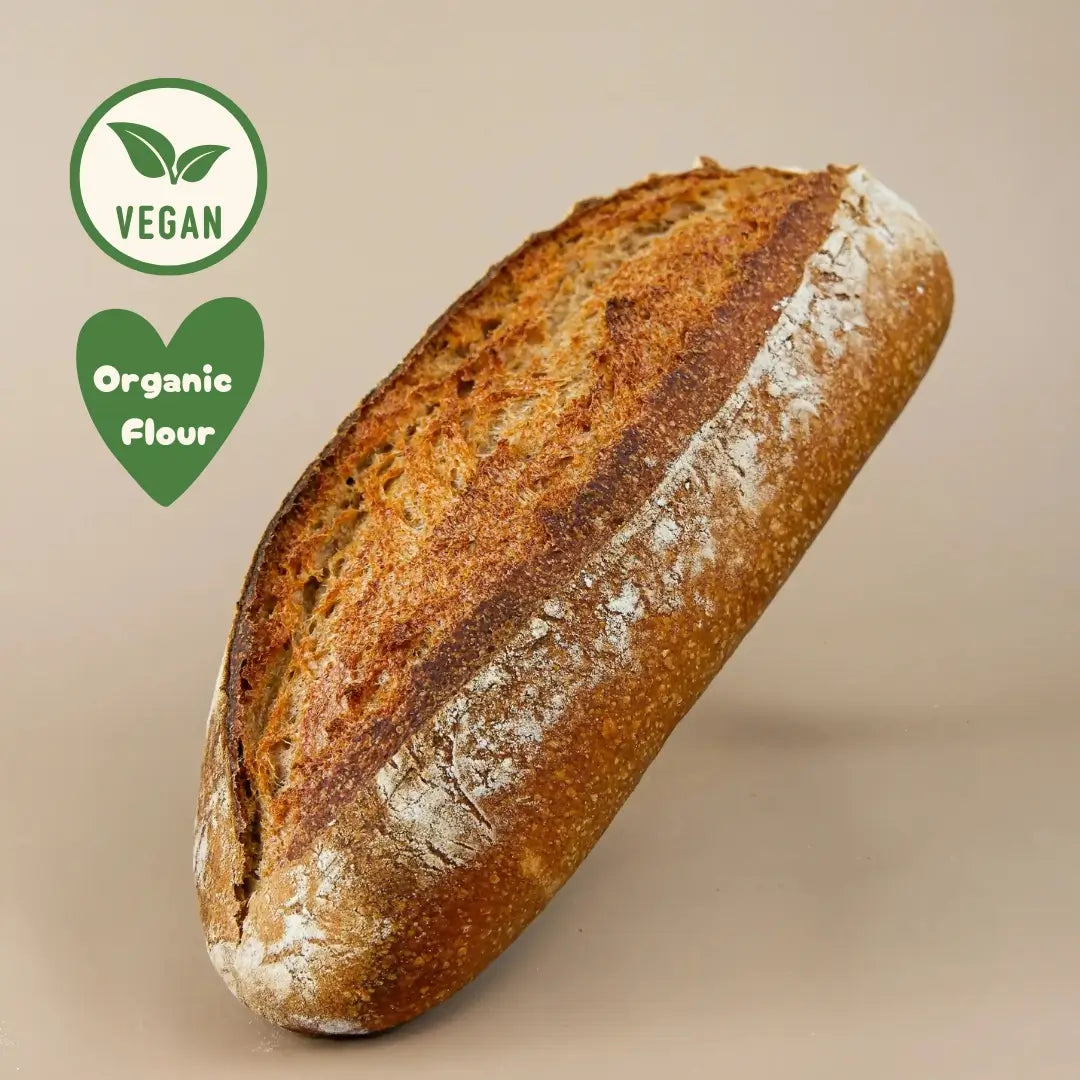Is Gluten Really Bad for You? Understanding Intolerance, Sensitivity & Trends
Gluten has been the subject of debate for years. Some people avoid it entirely, convinced it’s harmful, while others enjoy their daily bread without concern. But is gluten really the problem, or is it just another health trend?
The answer isn’t one-size-fits-all. For some, gluten can cause serious health issues, while for others, it’s completely harmless. Let’s break down the differences between celiac disease, gluten sensitivity, and the gluten-free trend so you can make informed choices about what’s best for you.
What Exactly Is Gluten?
Gluten is a naturally occurring protein found in wheat, barley, and rye. It gives bread its structure and elasticity—without it, your favorite sourdough baguette wouldn’t have that signature chew.
For most people, gluten is perfectly safe. However, for those with certain conditions, avoiding gluten is essential.
Celiac Disease: When Gluten Triggers an Autoimmune Response
Celiac disease is an autoimmune disorder where consuming gluten damages the small intestine. When someone with celiac eats gluten, their immune system mistakenly attacks the intestine, leading to:
• Digestive discomfort (bloating, diarrhea, constipation)
• Fatigue and brain fog
• Nutrient deficiencies
• Skin rashes
• Long-term complications if left untreated
The only effective treatment? A strict, lifelong gluten-free diet—even small traces of gluten can trigger a reaction.
Unfortunately, this means that even fermented wheat products like sourdough bread are off-limits.
Non-Celiac Gluten Sensitivity (NCGS): A Less Understood Condition
Some people experience digestive issues, fatigue, and bloating after eating gluten, but test negative for celiac disease. This is known as Non-Celiac Gluten Sensitivity (NCGS).
Unlike celiac disease, NCGS doesn’t cause autoimmune damage, and symptoms may vary from person to person. There’s no definitive test for it, so many people discover their sensitivity by eliminating gluten and observing how they feel.
Interestingly, some people with NCGS find that sourdough bread is easier to digest than conventional bread. This is likely due to the fermentation process breaking down some gluten proteins. However, it’s still not safe for those with celiac disease.
Wheat Allergy: Not Just About Gluten
A wheat allergy is different from celiac disease or gluten sensitivity. It’s an allergic reaction to proteins in wheat (not just gluten) and can cause:
• Hives or skin reactions
• Difficulty breathing
• Digestive distress
• Anaphylaxis (in severe cases)
Unlike celiac disease, a wheat allergy can sometimes be outgrown, especially if it develops in childhood.
Gluten-Free: A Health Necessity or Just a Trend?
The gluten-free industry has boomed in recent years, with many people choosing to eliminate gluten even without a medical diagnosis. But is going gluten-free actually healthier?
✅ For people with celiac disease or gluten sensitivity → A gluten-free diet is essential.
✅ For the general population → Not necessarily!
Eliminating gluten doesn’t automatically mean better health. Many gluten-free products are:
• Highly processed and contain more sugar or additives than their regular counterparts
• Lower in fiber, vitamins, and minerals, especially if replacing whole grains with processed gluten-free alternatives
That said, if going gluten-free makes you feel better, then by all means, go for it! Just make sure you’re replacing gluten-containing foods with nutrient-rich alternatives rather than processed gluten-free substitutes.
What About Sourdough Bread? Is It Different?
Yes! Sourdough bread is unique because its long fermentation process helps break down some gluten, making it easier to digest for some people with gluten sensitivity (but not celiac disease).
If you’ve had trouble digesting regular bread but feel better with sourdough, it might be worth exploring. Try our sourdough loaf to see if you notice a difference.
Should You Ditch Gluten? Here’s What to Consider
If you have:
✅ Celiac disease → Gluten must go—no exceptions.
✅ Gluten sensitivity (NCGS) → You might feel better without gluten, but some fermented wheat products may still be tolerated.
✅ Wheat allergy → You need to avoid all wheat, but gluten from other sources may be okay.
✅ No symptoms at all → There’s no medical reason to avoid gluten unless you choose to.
FAQs: Common Gluten Questions Answered
1. Is gluten bad for everyone?
No! Most people can eat gluten without any problems. Only those with celiac disease, gluten sensitivity, or wheat allergies need to avoid it.
2. Can gluten-sensitive people eat sourdough?
Some can! The fermentation process in sourdough reduces gluten levels, making it easier to digest for some—but not all.
3. Is gluten-free food healthier?
Not necessarily. Many gluten-free products contain more sugar, additives, and refined starches than their gluten-containing counterparts.
4. What are the common symptoms of gluten intolerance?
Symptoms can include bloating, fatigue, headaches, digestive issues, and brain fog. But they vary from person to person. It is always best to check with your physician if you have a doubt!
5. How do I test for celiac disease?
Your doctor will likely start with a blood test, followed by a biopsy of the small intestine if needed.
6. Does Atome Bakery offer gluten-free products?
Currently, we specialize in artisanal sourdough breads, which contain gluten. We consider it "Gluten-Friendly" because it is 100% sourdough and slow fermented, making it easier on the guts. However, it not gluten free!
Final Thoughts: Listen to Your Body
At the end of the day, gluten isn’t inherently bad—but it can cause problems for some people. If you feel better without it, that’s great! If you love a good sourdough baguette and tolerate gluten just fine, enjoy it with confidence.
For those who can eat gluten, choosing high-quality, naturally fermented bread like our sourdough can be a delicious and nutritious way to enjoy grains.
Note: This article is for informational purposes only and should not replace professional medical advice.
👉 Want to learn more about bread, health, and baking? Keep up with our blog for expert insights, recipes, and more!



Leave a comment
This site is protected by hCaptcha and the hCaptcha Privacy Policy and Terms of Service apply.